-
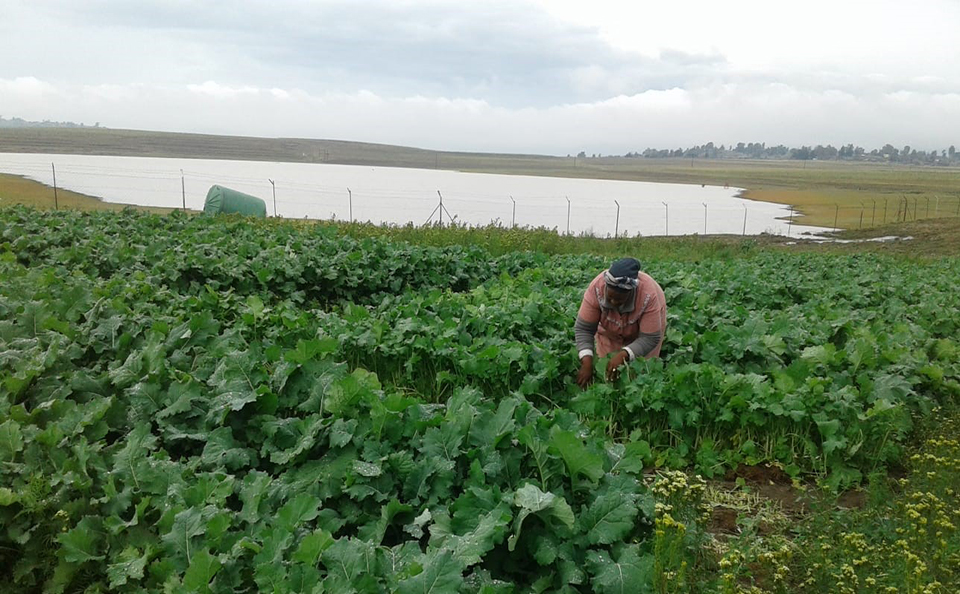
MCC's $300 million Lesotho Health and Horticulture Compact funds the $119 million Market Driven Irrigation Horticulture Project which aims to increase rural incomes and fight food insecurity through investing in climate-smart irrigation infrastructure and attracting commercial farmers to collaborate with local, small-holder famers to produce high-value crops and build strong value chains.
-
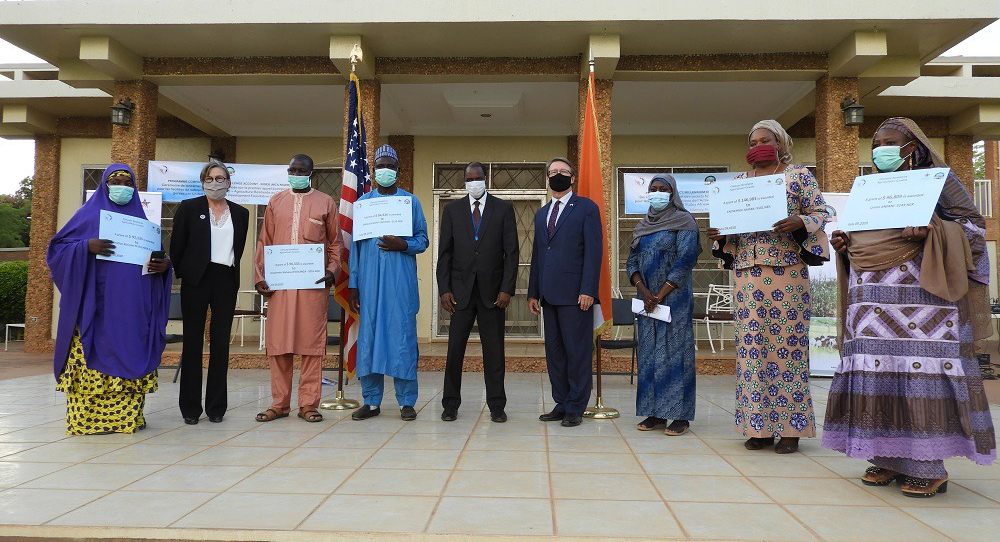
MCC’s $437 million compact with Niger is investing in irrigation infrastructure and management systems, climate-resilient agricultural production, upgraded roads to improve market access, and better management of natural resources. MCC’s Niger Compact also includes a specific focus on empowering entrepreneurs and small business groups and is working on unlocking the potential of true market growth and poverty reduction.
-
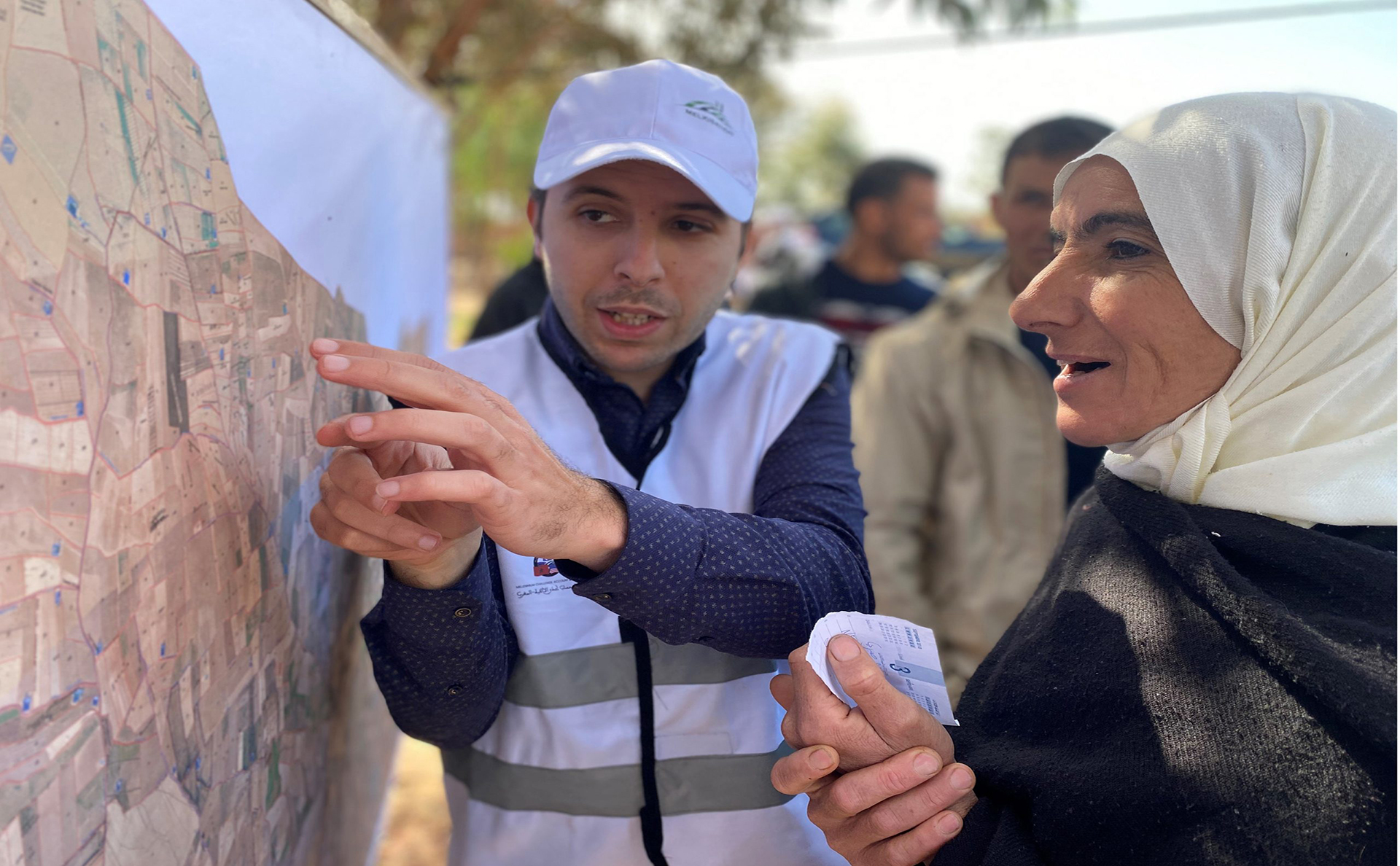
MCC’s land titling investment under the $460.5 million Morocco Employability and Land Compact complements the Government’s “Green Morocco Plan.” The Plan provides financial support for land-titled farmers that will make irrigation and water saving technologies, agricultural equipment, and mechanization more affordable. By strengthening land rights for farming families while promoting climate resilient agriculture, MCC is working to help rural farmers in Gharb and Haouz increase their productivity, generate higher incomes, and reduce crop losses in the face of potential climate shocks.
-
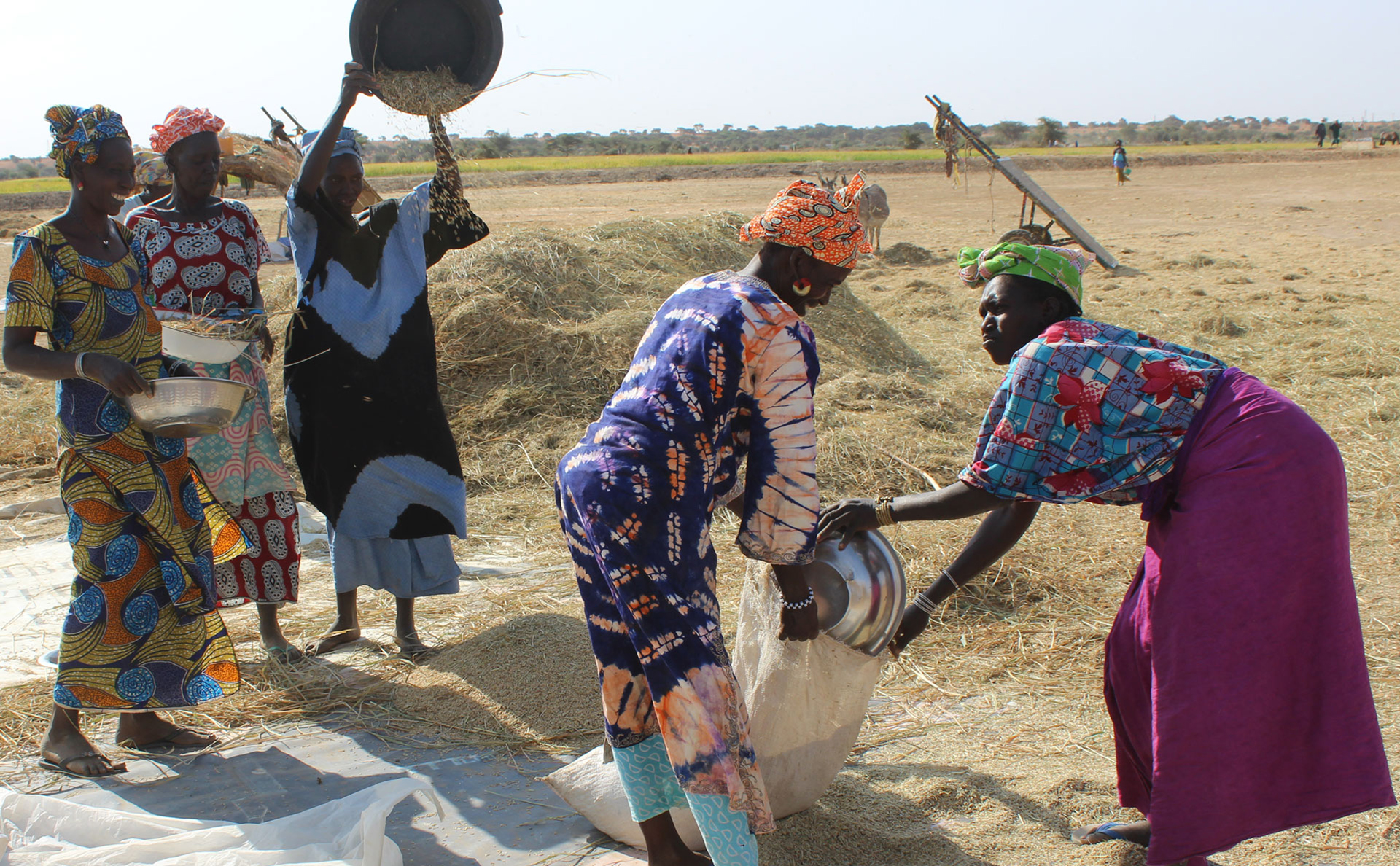
MCC’s $540 million Senegal Compact funded the $170 million Irrigation and Water Resources Management (IWRM) Project which rehabilitated or built 266 km of irrigation and drainage infrastructure, constructed a 450-hectare perimeter, mapped irrigated land, and trained officials to better administer land.
-
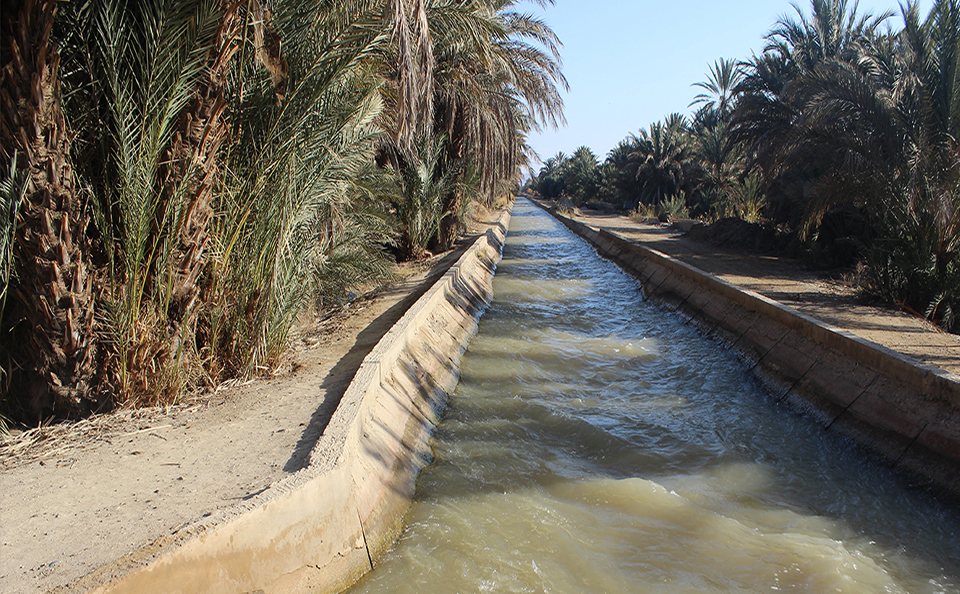
The $650 million Morocco Compact funded the $324 million Fruit Tree Productivity Project (FTPP), which included upgrading irrigation infrastructure, supporting water user associations, establishing date processing units, and providing technical assistance to value chain actors. The project aimed to improve the efficiency of water use and other crop practices in order to enhance the yield and profitability of olive and date production.
-
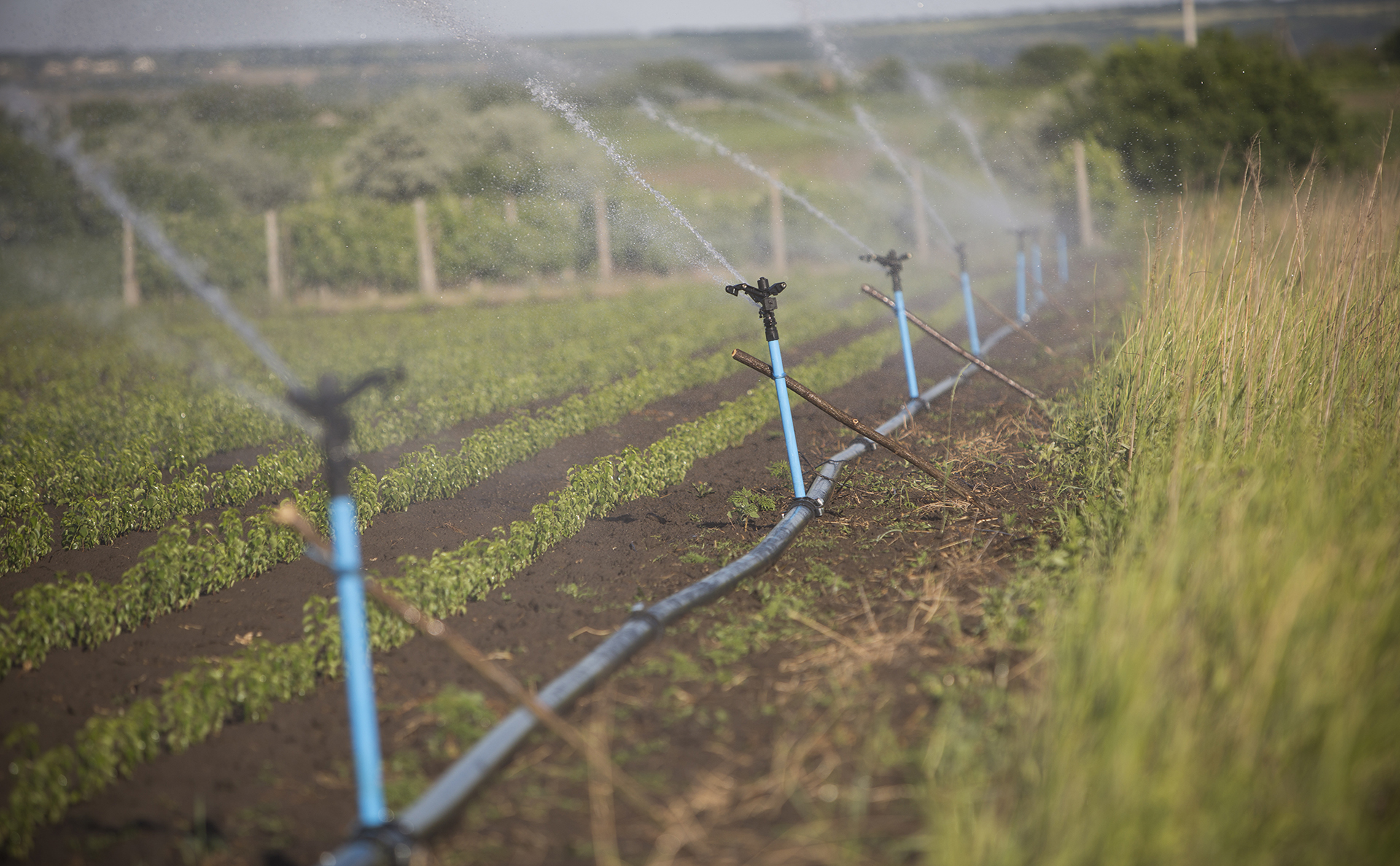
Part of MCC’s $259 million Moldova Compact aimed to revitalize Moldova’s fruit and vegetable agriculture by improving the country’s deteriorating irrigation infrastructure. A $129 million agriculture project rehabilitated 10 pumping stations along the country’s two main rivers, the Prut and the Nistru, and improved delivery of water over more than 28,000 acres.
-
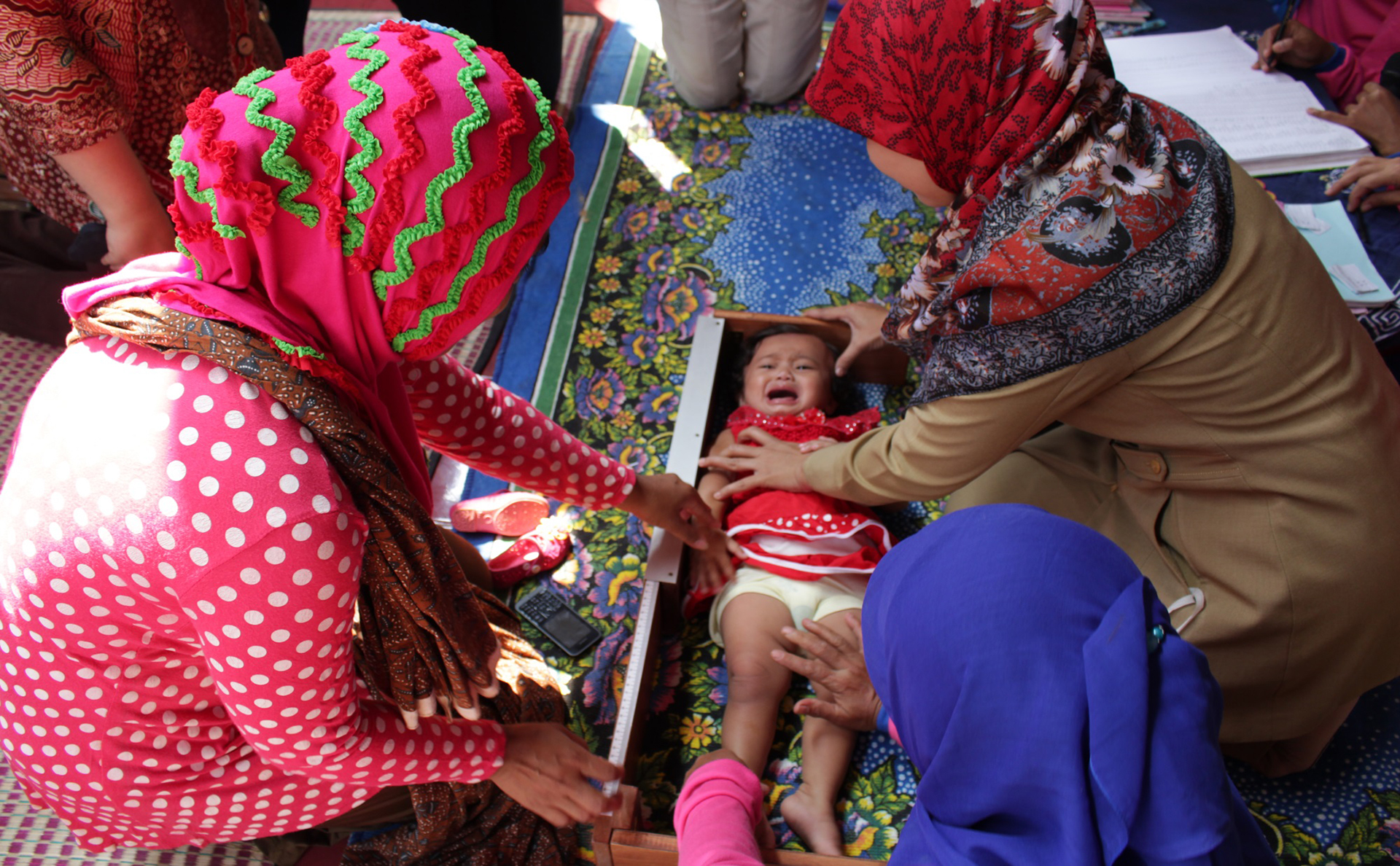
As part of MCC’s $474 million Indonesia Compact, a community-based nutrition project aimed to reduce and prevent low birth weight, childhood stunting, and malnourishment among children by integrating sanitation, maternal and child health and nutrition interventions. The project partnered with the World Bank, using incentives-based community grants to increase demand for health, nutrition and education services.
-
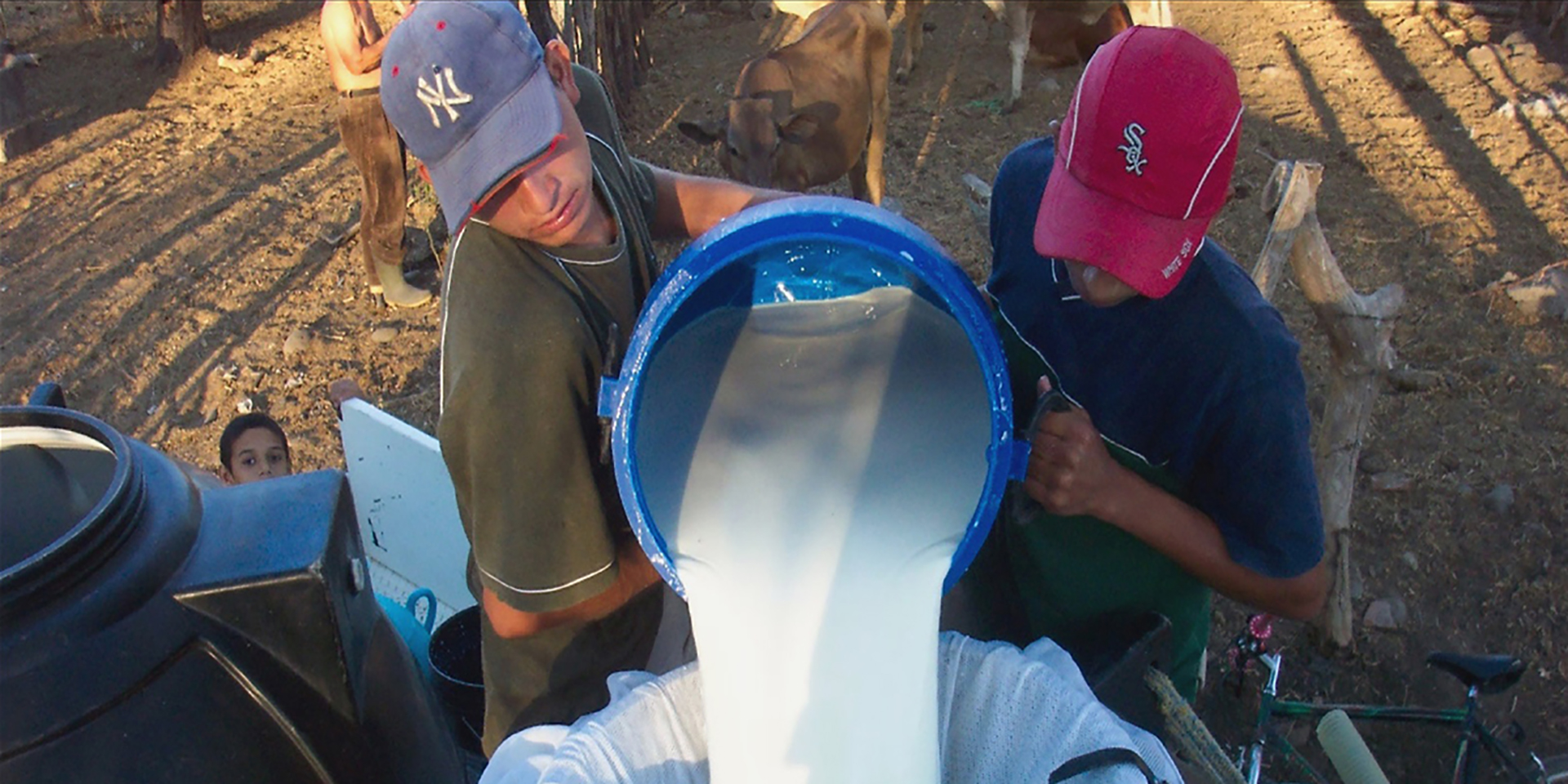
MCC’s $449.6 million El Salvador Compact funded the $67 million Productive Development Project which included the $55 million Production and Businesses Services (PBS) Activity. The activity aimed to increase production and employment in the Northern Zone by helping farmers and small-scale producers transition to higher-profit activities, thereby generating investment, expanding markets, and creating new jobs.
MCC has invested more than $5 billion in partner countries to address the many sources of food insecurity. MCC investments in the agricultural economy aim to create jobs, raise incomes, boost nutrition, and reduce poverty by financing vital infrastructure, increasing market access, and providing technical assistance to strengthen businesses from farm to consumer.
Growth in agriculture can reduce poverty directly by raising incomes on-farm and along the value chain, and indirectly by catalyzing growth outside of agriculture while reducing food prices. MCC contributes to food security across a range of interventions and has many programmatic examples of direct and indirect benefits to a partner country’s food security.

